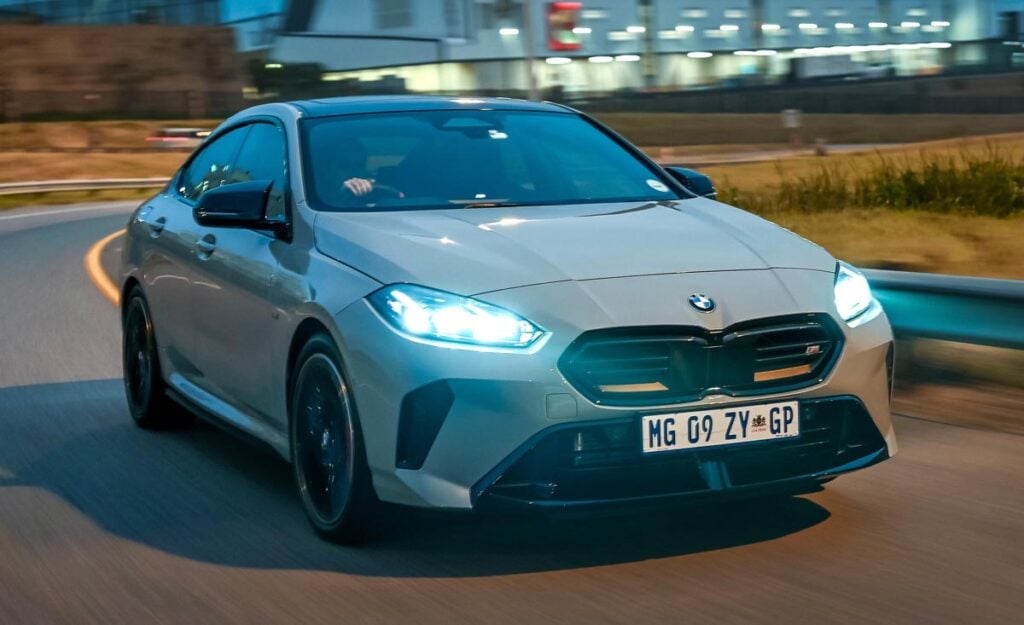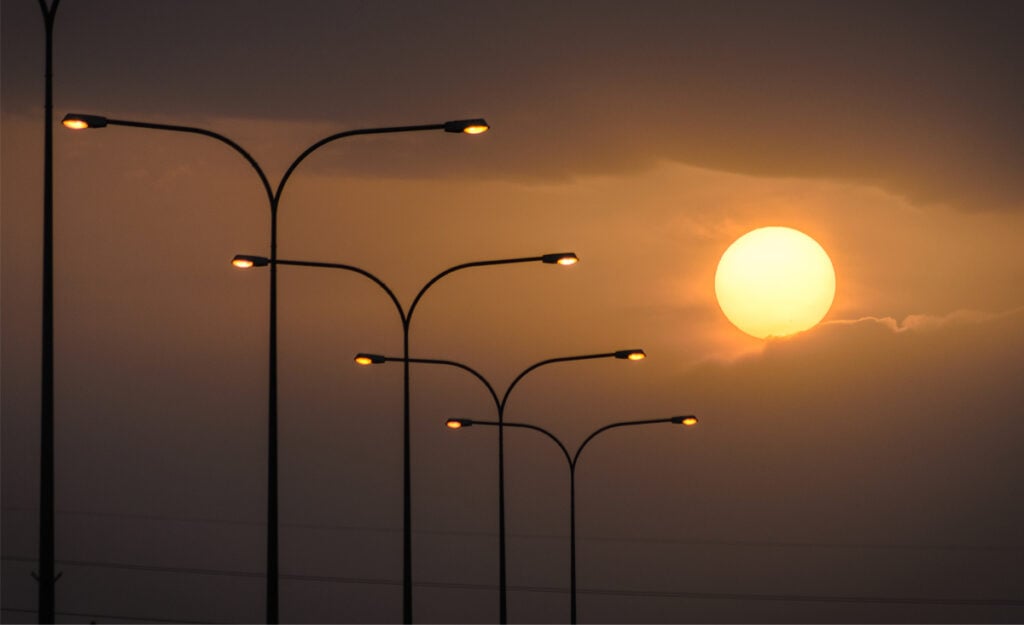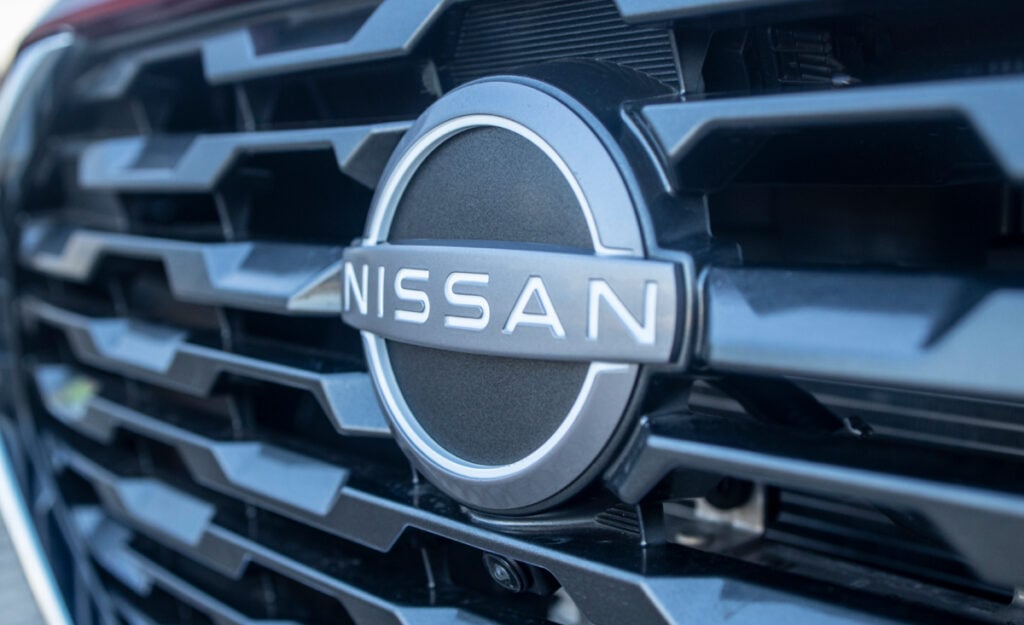10 most common traffic fines in South Africa – And how to avoid them

Millions of traffic fines are issued in South Africa every year for various offences, from minor infringements to dangerous and illegal activities.
Depending on the severity of the violation, a fine may be the least of your troubles, as certain traffic offences could land you in prison.
It’s therefore crucial to understand what the most common driving infringements are, and how to avoid becoming part of the problem out on the roads.
The Automobile Association (AA) recently published a list of the 10 most common traffic fines in the country, starting with speeding.
Speeding presents a risk to other motorists because it reduces reaction times while magnifying the severity of any resulting accidents, which is why the AA advises that motorists observe the posted speed limit at all times.
It recommends using cruise control on the highway if you have it, as this helps to maintain a consistent speed even while driving downhill.
Additionally, motorists should ideally plan their journeys in advance to allocate sufficient travel time, which reduces the temptation to speed when running late.
Another common traffic fine in South Africa is ignoring stop signs and traffic signals.
Failing to come to a full stop at an stop sign or red light, even when the intersection appears to be clear, can endanger other road users.
Consequently, drivers are always expected to slow down when approaching intersections regardless of the robot’s current colour.
This ties in with another fine related to poor observance skills – using a phone while driving.
The South African National Road Traffic Act prohibits drivers from using a hand-held communication device while driving, including cell phones, because of their ability to distract motorists.
For this reason, you should either find a safe place to pull over to accept a call, or invest in hands-free technology.
Luckily, many cars now come standard with smartphone pairing capabilities such as Apple CarPlay or Android Auto, allowing calls to be played over the stereo without needing to take one’s hands off the wheel.
On top of a R1,000 fine, the authorities may confiscate your phone and ask for a release fee, which could add another R1,000 to the total.
The next offence that many occupants are guilty of is not wearing a seatbelt, as it is estimated that only 31% of front passengers in South Africa regularly buckle up.
A seatbelt protects the user in a crash by holding them in place, but this is equally important for other passengers, as a person who isn’t strapped in can fly through the cabin in a sudden impact, hitting other occupants in their path.
For this reason, the authorities can impose a R250 fine for each person in the car not using their seatbelt during a traffic check.
Two more offences to be aware of include illegal parking, and overloading your vehicle.
Parking fines are typically issued when a person leaves their car in an unauthorized area such as a loading zone or handicapped parking space and can result in a Section 341/Schedule 3 offence with a fine of around R500.
“Overloaded vehicles,” meanwhile, usually refers to one of two main offences.
It either means that a driver is transporting more people than the vehicle is certified for, such as squeezing seven people in a five-person car, or when the vehicle is carrying an abnormally amount of cargo or luggage.
In both cases, the weight limit of the car is exceeded, which can affect things like braking distance, making it unsafe to drive.
This will lead to a fine of between R250 and R1,500, depending on the severity of the exceeded weight.
Another offence that often gets overlooked is failing to yield to pedestrians.
Pedestrians are protected by the same traffic laws that govern vehicles and often have right of way, provided they cross at designated zones, which means motorists can be fined if they don’t yield.
One other minor offence that usually results in a fine is driving without a valid driver’s licence or an expired vehicle licence disc.
Doing so is illegal and road users are expected to renew their credentials well in advance.
However, it should be noted that multiple driver’s licence renewal backlogs have occurred in the last few years resulting from the country’s only licence printing machine constantly breaking down.
In these situations, motorists are advised to hold onto their expired cards along with proof that they have applied for a new card (such as a payment receipt), to present to police in the event they are pulled over.
Severe traffic offences

The last two offences are the most severe, concerning driving while under the influence (DUI), and reckless and negligent driving.
A DUI is most commonly associated with drunk driving, but it can also apply to someone driving while various drugs are in their system.
This does not only apply to illegal substances, as over-the-counter medications can pose a risk if they affect the individual’s cognitive functions.
Individuals can be arrested for a DUI offence in South Africa with fines that can range from R2,000 all the way to R120,000.
It can also lead to prison sentences of up to six years, a suspended licence, a criminal record, community service, and compulsory courses on substance abuse.
Needless to say, the way to avoid this crime is to be responsible and avoid consuming alcohol if you expect to drive within the next few hours.
Reckless driving is a separate offence that includes dangerous behaviour such as tailgating and excessive lane changing.
Similar to a DUI, reckless and negligent driving can be punished with prison time, a suspended licence, and a fine of between R10,000 and R40,000.
To avoid this behaviour, it’s best to take a relaxed attitude towards driving and maintain a safe following distance while obeying the rules of the road.











